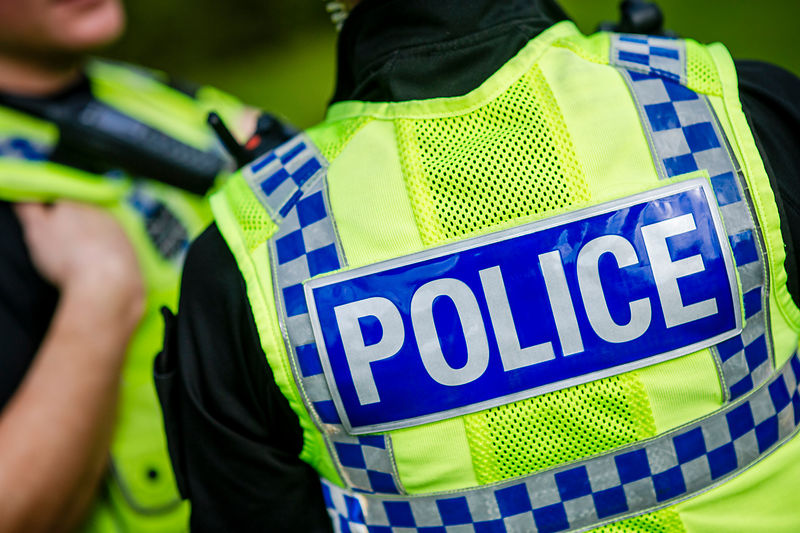Federation Chair says collaboration between forces can work, but it must be done right
HAMPSHIRE Police Federation says collaborating can be an effective way of tackling crime but that differing cross border priorities and objectives can muddy the waters around planning and deployment.
A new report from HMICFRS suggested that forces are not working together as well as they could be, and that’s impacting on their ability to fight crime and serve the public.
Hampshire and Thames Valley are successfully working on joint projects, Hampshire Police Federation Chair Zoe Wakefield said, but it’s not always simple for forces to collaborate.
“I don’t think it’s easy, especially when you’ve got a PCC for every force and you’ve got a Chief Constable for every force, and when we’re trying to merge parts of the two together, where you’ve got people with different priorities and different views and ideas,” she said.
“There are lots of examples around the country where it’s worked well. There’s some where they worked together, and now they’ve got divorced and separated.
“Our collaboration with Thames Valley in some departments is working. It’s not perfect, but it is working. It’s limited in a lot of areas, and I think there are probably a lot of small forces that could potentially do more. But that’s always going to be difficult when you’ve got individual PCCs and individual chief constables.”
It might lead to more regional policing in the future, Zoe said, with more resources such as IT, uniforms, and vehicles being more centralised.
“It might happen in the future,” she said.
“There is definitely an advantage to having a national police uniform, a national police IT system, a national police vehicle so that we can save money by using the same things.
“IT is an excellent example of where we’re all using different systems that don’t speak to each other, which is an issue when you work on a border with a different force.
“There is still a lot of advantages to having some national systems.”
